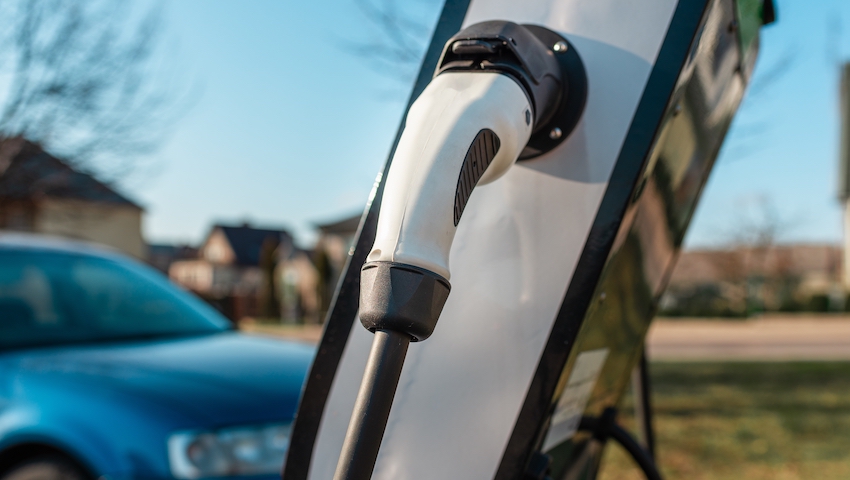“Car makers need ‘start-up’ mindset to boost EV sales”
Extreme fast charging company StoreDot says EV manufacturers need a ‘start-up mindset’ to new charging technologies to market.
StoreDot is now on track for mass production readiness of its 100in5 silicon-dominant extreme fast charging batteries next year, delivering a range of 100 miles (160 km) in just five minutes of charge.
However, the company’s CEO is urging some automotive manufacturers to re-evaluate their traditional technology introduction timelines in order to accelerate the adoption of these game-changing batteries into new vehicles, benefitting customers while enabling a swifter uptake of EVs.
Traditionally, global car companies are locked into sequential prototyping and testing processes with timescales that fit the familiar long cycles of ICE (Internal Combustion Engine) vehicle development. However, leading car companies can embrace new practices and leverage a swifter development mode enabling the introduction of the latest technologies to market faster through collaborations with startups and scaleup-ready businesses such as StoreDot.
Dr Doron Myersdorf, StoreDot CEO, said: “We are working with many global OEMs and it’s clear that some are already changing their mindset to adopt advanced battery technologies faster. But not every OEM behaves like this, and I believe the entire EV industry will benefit from accelerating its processes and timelines if we are going to collectively undertake the seismic shift to electrification that the world needs.
“With a typical 5-year cycle to implement any new battery technology, we are encouraging global automotive manufacturers following traditional processes to adjust their methods and mindset to more agile business practices when evaluating and implementing innovative technologies. Testing of new technologies such as StoreDot’s Extreme Fast Charge – XFC – cells can be a strict, sequential, and laborious process that assumes a certain level of technology maturity. The upshot is that our game-changing batteries might not get into the hands of car buyers in a timely fashion. As charging anxiety is one of the main barriers to EV adoption, such conservative processes can have consequences for the entire battery and vehicle ecosystem and its ability to vastly and quickly improve the world in which we live.
“Of course, car makers must not ignore crucial elements such as safety and reliability testing, which are a given. But in my experience, some OEMs are still rigidly sticking to testing regimes that hinder the ability to take advantage of battery breakthroughs. Some parts of the automotive industry are currently being held back and will continue to be so unless we all adopt the agility of start-up concurrent engineering practices.”
